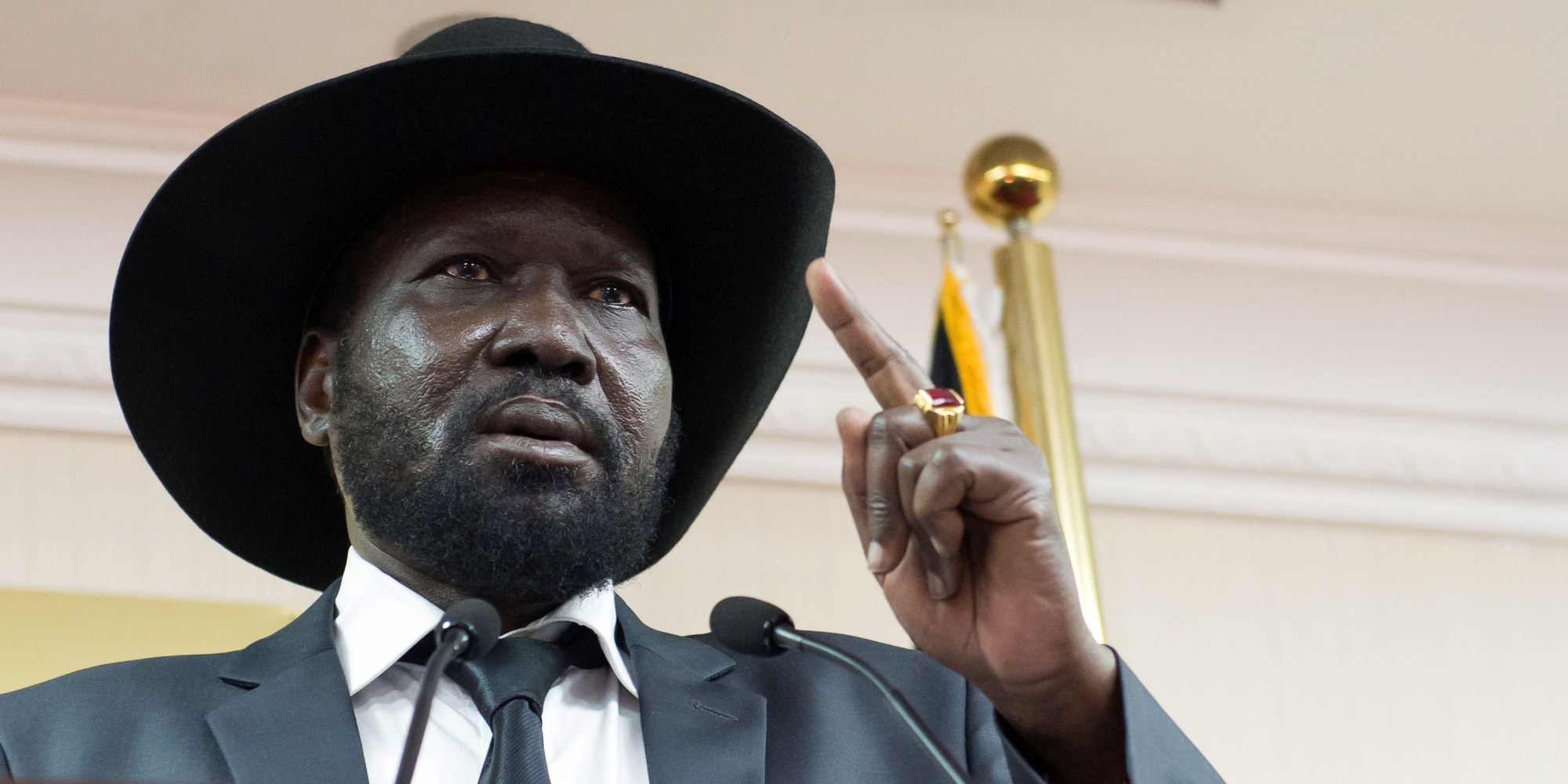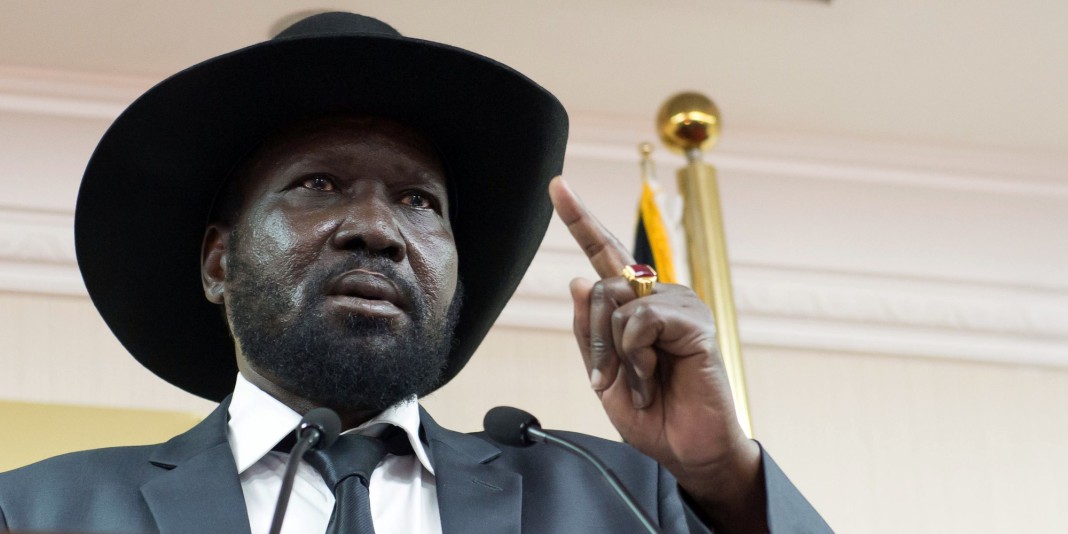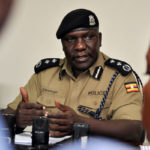
Authorities in South Sudan have shut down three independent media outlets in the past five days.
According to news reports and the outlets’ editors, Arabic daily Al Rai, English daily The Citizen, Free Voice South Sudan were all closed on orders of security agents. The Voice of America, which shares premises with the Free Voice, was also forced to close down, but Hildebrand Bijleveld, the programs director for Free Voice, told the Committee to Protect Journalists (CPJ) the outlet was in compliance with the law and had done nothing to ‘concern the government’.
Free Voice, which was raided on Tuesday, August 4, produces radio programs including the serial drama “Sawa Shabaab” (“Youth Together”) and “Na’eesh Mabath” (“Living Together”), a radio series about traditions and contemporary conflict-resolution mechanisms.
Following a split between South Sudan President Gen Salva Kiir nd his former deputy Riek Machar, several thousand people have been or displaced, prompting the international community to intervene through the Intergovernmental Authority on Development, IGAD, to force the two SPLM/A gurus to sign a peace deal and, according to journalists, this has led the government to crack down on the media.
“The Committee to Protect Journalists condemns the closures, which come as international mediators seek to arrive at a peace deal between the government and the armed opposition following months of civil war,” a release by CPJ states.
Tom Rhodes, the CPJ east Africa Representative urged the government to reopen the media outlets, even when no reason for closure or timeline for reopening was given by the government.
“South Sudan’s press has been constrained since this conflict began.
Now authorities seem to be ratcheting up the pressure,” Rhodes said, adding: “We call on the government in Juba to reopen these news outlets and allow all journalists to freely carry out their duties.”
For the Citizen that was closed on Monday, it Chief Editor Nhial Bol said he was accused of ‘promoting the opposition’ and that his staff were ordered to stop printing ‘until further notice’.
According to Bol, he covered a recent conference ‘of 16 allied opposition parties’ and wrote an Editorial, comparing the current political crisis in South Sudan to that in Somalia. According to Bol, the shutdown of the outlets contradicts South Sudanese media laws as well as the Constitution, which protects press freedom.
Meanwhile, earlier on Saturday security forces had ordered the Arabic daily Al-Rai to shut down, accusing one of the paper’s board members of joining rebel forces in Nairobi, the paper’s chief editor, Michael Wazir, told CPJ.
Wazir said that the board member had traveled to Nairobi to visit family members and said the paper’s staff was trying to negotiate with the authorities about resuming publications.
Calls to Paul Jacob, the government’s director of public information, and Ateny Wek Ateny, government spokesman, were not answered, the CPJ release states.
In a related development, the CPJ says South Sudan officials have targeted the press throughout the conflict, and that at least five journalists have been ‘killed in direct relation to their work in South Sudan this year’.
The CPJ also says that journalists have turned to self-censorship, to avoid harassment and closures and the Chief Editor of the English daily Nation Mirror Wol Deng Atak told the CPJ that in February, national security agents raided his publication, accusing it of publishing “anti-government articles.






